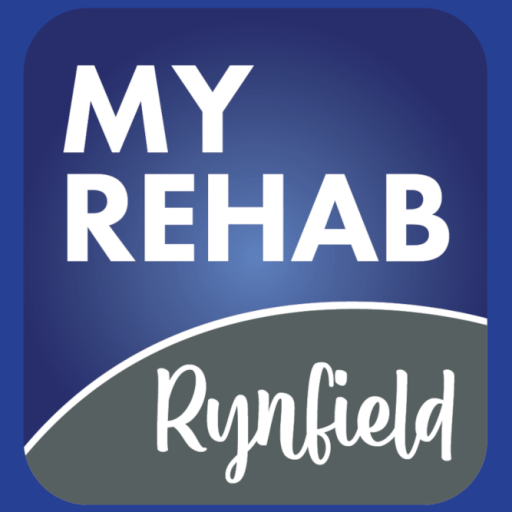
Let’s waddle through this together, shall we? Imagine, if you will, a lovely little pond in the heart of Johannesburg, brimming with lilies and the promise of serenity. Here, ducks of all shapes and sizes gather. But wait—amongst the honest-to-goodness ducks, there’s a peculiar sight. It’s a duck, or so it seems, loudly quacking about rapid detoxes, ibogaine enlightenment, and the mystical marvels of ketamine therapy.
Yes, dear reader. Straight out of the quack’s mouth—or rather, the mouths of those donning white coats with tassels and tie-dye. These modern-day wizards and wandering minstrels of mental health, waving their wands and acoustic guitars, sing songs of instantaneous rehab remedies. They tell you to skip along the long and windy path of therapy, group sessions, and painstaking self-reflection. Why stroll when you can teleport, they quack.
Ah, the rapid detox—the art of shaking off the monkey on your back with the urgency of a late-arriving paramedic. One does wonder, though, once the chemicals have been flushed, and the body is left bewildered, what about the soul, the psyche, the crux of the habit? No need to fret over trifles like psychological dependence, these quacks proclaim. After all, who needs thorough when you can have thrifty?
Enter stage left, the ibogaine brigade—peace, love, and toxins in tow. They’ll proffer a sliver of root bark, promising voyages to the innermost sanctums of your spirit. Their drum circles beat to the rhythm of ancient wisdom, or maybe that’s just the heart palpitations. Hippies turned healers, festooned with beads and benevolence, they affirm that a trip (literally) down memory lane will purify years of addiction in one psychedelic swoop.
And just when you thought the pond couldn’t get any more curious, we meet the ketamine cavaliers, who hold court in upmarket clinics and speak of dissociative soirees. You’ll float, indeed, into an anesthetic abyss where addiction is but a mere memory, turned distant and fuzzy like a dream upon waking. Here, the quackery is polished, refined, and served on a silver platter—dish out your savings for a trance to transcend troubled waters.
But as you stand at the edge of this pond, toes dipped in the murky waters of promised rapid recoveries, take heed. For every quack, there’s a backlash—the undertow of unrealized healing. The rehab realm, my friends, is no place for ducks or quick fixes; it is a domain for work—a long-drawn journey needing more than a placebo effect and less than a leap of faith into magical waters.
Do not be seduced by the siren quack. Dig deeper, question more, and seek out oasis of reason in this desert of quackery. Look for the keepers of evidence-based practice, those whose methods may ripple softly rather than resound with ostentatious quacks.
Now, dearest reader, as we’ve ripped through the feathers of fads, let’s resolve to give sobriety the wings it truly deserves—ones crafted by wisdom, reinforced by research, and capable of withstanding the tempests of temptation. After all, we are here not just to skim the surface but to travel the breadth of the pond and emerge, not as ducks, but as the wiser, more ground-quacking (ahem, -breaking) swans of discernment.
Let’s leave the quackery to the birds, shall we?
Step away from the cacophony of quick-fix promises and into a proven path of recovery at our Benoni rehab, amidst the serene environs of Gauteng but away from the alluring “quackery.
Addiction treatment is a critical and complex process tailored to meet the unique needs of each individual facing substance use disorders. Centers specializing in addiction treatment, like the esteemed facilities found in major cities, employ a comprehensive approach that combines medical, psychological, and supportive strategies to ensure the best outcomes for recovery. These centers focus on both the physical aspects of detoxification and the psychological underpinnings of addiction, providing a holistic path to recovery that addresses all facets of the individual’s life.
The cornerstone of effective addiction treatment lies in its customization. No single treatment is appropriate for everyone, so the best programs provide personalized therapies that meet the specific psychological, social, and behavioral needs of their patients. This often includes a combination of therapy sessions, medication management, life skills training, and ongoing support. These components are integrated into a coherent program that promotes sustained sobriety and health, demonstrating the complexity and necessity of a tailored treatment approach.
Moreover, addiction treatment often requires a multidisciplinary approach to address all aspects of the disorder. This includes the involvement of diverse professionals such as physicians, psychologists, social workers, and peer support counselors. Each plays a pivotal role in the recovery process, offering a network of support that reinforces the recovery efforts of the individual. These professionals work collaboratively to create an environment where individuals are nurtured and their recovery needs met, making the treatment process both effective and supportive.
Lastly, the success of addiction treatment heavily relies on the availability of ongoing support after the initial recovery phase. This can include outpatient therapy sessions, support groups, and community-based resources that provide continuous care. Long-term support is crucial to prevent relapse and ensure long-term recovery, highlighting the importance of an extended care network. Effective addiction treatment programs not only focus on immediate recovery but also prioritize ongoing support to maintain and reinforce long-term sobriety.

